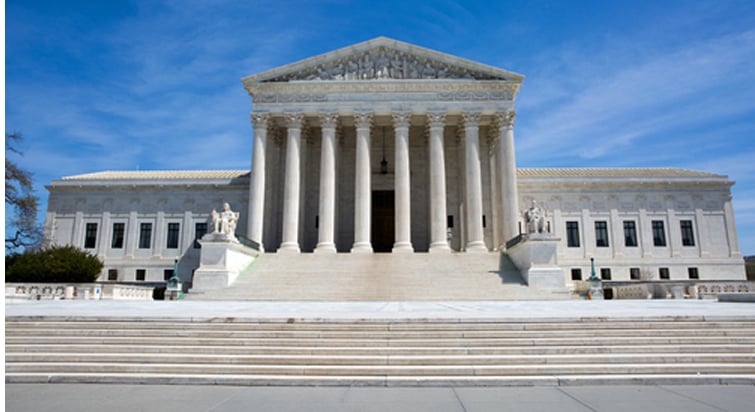Supreme Court holds guilty plea doesn't bar Second Amendment challenge; Gorsuch joins Breyer opinion

A criminal defendant who pleads guilty doesn’t inherently waive the right to challenge the constitutionality of the statute under which he was convicted, the U.S. Supreme Court ruled Wednesday.
In a 6-3 opinion, the court ruled for Rodney Class, who had pleaded guilty to violation of a criminal law barring guns near the U.S. Capitol building. Class had guns in his locked jeep, which was parked on the Capitol grounds. He claimed on appeal that the gun law violated the Second Amendment and the due process clause because it didn’t give fair notice about which areas of the Capitol grounds are off limits for firearms.
Justice Stephen G. Breyer wrote the majority opinion, which was joined by the court’s liberal justices, along with Chief Justice John G. Roberts Jr. and Justice Neil M. Gorsuch. Justice Samuel A. Alito Jr. wrote a dissent, joined by Justices Anthony M. Kennedy and Clarence Thomas.
Class’ plea agreement did not specify whether he could claim the statute was unconstitutional on his appeal.
A guilty plea does waive some constitutional challenges, including challenges to the privilege against self-incrimination, the right to a jury trial and the right to confront accusers, Breyer said. But the plea does not extinguish the right to challenge the government’s power to criminalize the admitted conduct, according to Breyer’s opinion, which cited court precedent.
Alito’s dissent said precedent cited by the majority was irrelevant or not directly on point, and it shouldn’t be extended to cover Class’ situation. He also said the majority had not made clear whether its holding is based on the Constitution or some other ground. “There is no justification for the muddle left by today’s decision,” he wrote. “I fear that today’s decision will bedevil the lower courts.”
Hat tip to SCOTUSblog.



